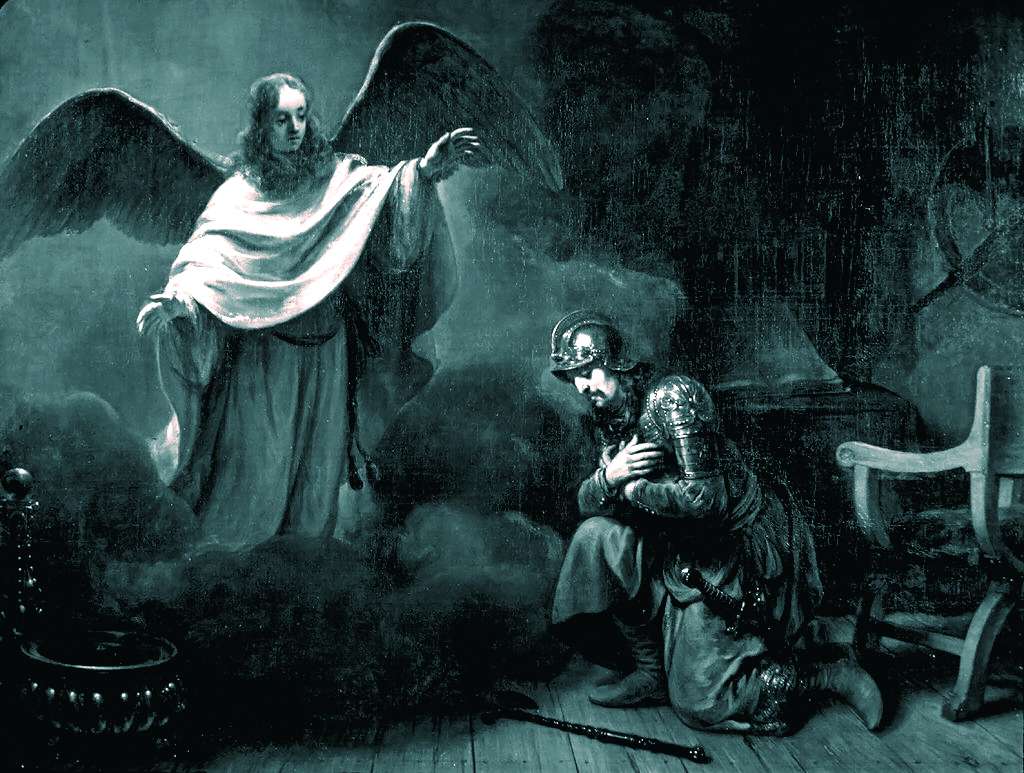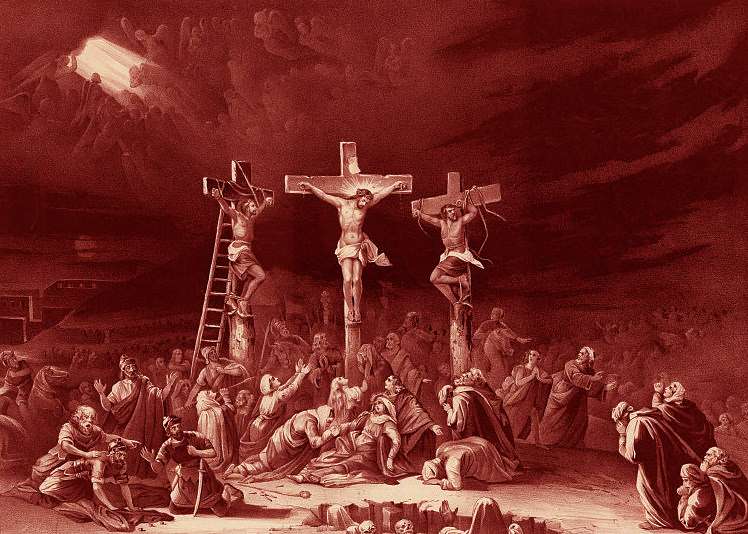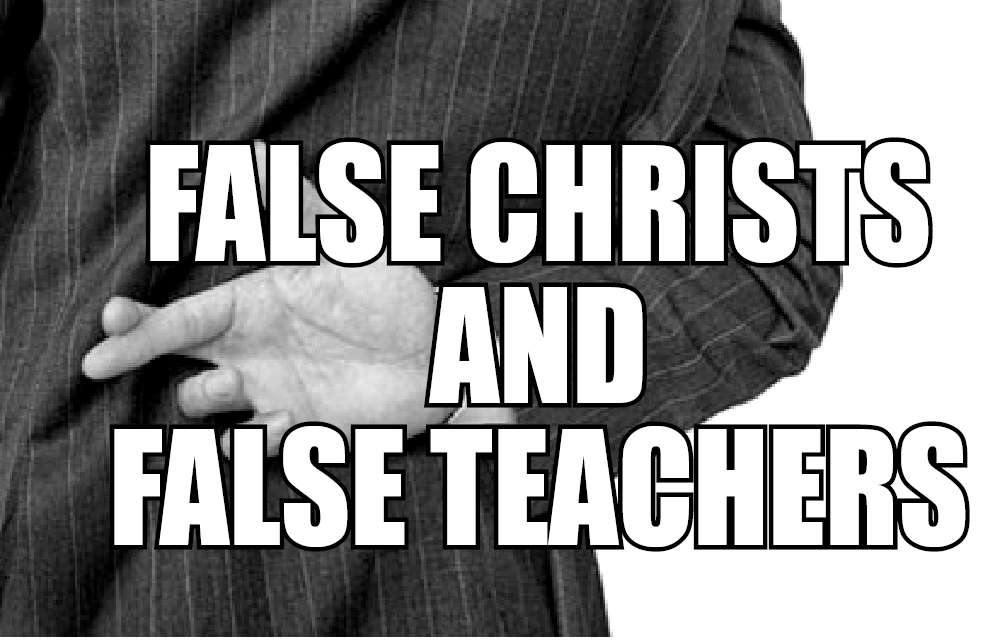

Divine Healing as a Spiritual Gift
Dr. C. T. Luiskutty
In 1 Corinthians 12: 8-10 the Apostle Paul lists nine gifts of the Holy Spirit. The Greek word used here as well as in 1 Corinthians 14:1, is an adjective in plural without a noun specifically mentioned. The translators could provide a noun, persons or gifts. From the context, the translators chose gifts. Thus the conclusion is that the passage is a list of spiritual gifts given to the church for its proper operation and spiritual growth. At the beginning of the chapter, the apostle gives the reason for writing on these gifts: being ignorant of the spiritual truths may lead the church astray and end up in idol worship. They need to be firm in their conviction of the Lordship of Jesus Christ and this conviction comes from the Holy Spirit. Then, using the analogy of a body, he goes on to talk about the diversity in the membership of the church. The church needs different gifts and they may be given to different members, but for the edification of the whole body.
The Trinitarian participation in the awarding of the gift is clearly seen in Verses 4-6. We call them spiritual gifts because the same (Holy) Spirit is working in all these diverse gifts. Different members in the body of Christ use the gifts given to them to serve the same Lord Jesus Christ in different ministries. The different gifts are to be manifested and operated in diverse ways and by various people, but behind all of these is the same God, the Father.Thus the Trinitarian God is active in awarding and utilizing the spiritual gifts for the benefit of the church. The gift under our present consideration, divine healing, is listed in 1 Corinthians 12:8-10 as well as in 1 Corinthians 12:28.
In the spiritual world there are different terms in relationship with the healing of the physical body, such as faith healing, miracle healing and divine healing. Though they are closely related and many people use them interchangeably, they need to be distinguished from one another. Faith healing refers to an instantaneous or gradual healing as a result of faith usually expressed by the person in need. The faith may be in the person who performs the healing service, in a particular deity, a statue, an object or a special place. A healing may be called a miracle when usual medical means are not used and it takes place immediately in a way that can be noticed and spectacular. In most cases, faith is required for this also. The spiritual gift of healing mentioned in the New Testament is what we refer to as divine healing. Usually faith is demanded and expressed before we see the gift in operation and in most cases it is a miracle, though not always. But the faith is not in a person, place or object, but in the Almighty God who said, “I am the Lord your healer” (Exodus 15:26) and His Son and express image Jesus Christ by whose stripes we are healed (Isaiah 53:5). The operation of the gift of healing may be characterized a miracle as the result will be manifested in a short period of time and be beyond human expertise and resources.
The spiritual gifts are given to certain individuals, but for the benefit of the whole body of Christ (1 Corinthians 12:7). The gifted person should be unselfish, surrendered to God and available to the body. The gift cannot be handled like a private property for personal gain.
Jesus’ ministry on Earth was characterized by healing. He began the ministry with the following declaration: “The Spirit of the Lord is upon me, because he has anointed me to proclaim good news to the poor. He has sent me to proclaim liberty to the captives and recovering of sight to the blind, to set at liberty those who are oppressed,to proclaim the year of the Lord's favor.” (Luke 4:18-19). Jesus ministered under the unction and guidance of the Holy Spirit and the purpose was to set people free from the bondage of Satan who caused spiritual and physical blindness and oppression. The proclamation of the year of the Lord’s favor was an integral part of His ministry as shown when He declared to the man with palsy, “Your sins are forgiven” before he was asked to take his mat and go and thus manifest healing.
Jesus gave the disciples power and authority over all devils and to cure diseases and sent them outto nearby towns and villages to preach the kingdom of God, teach and heal the sick (Matt 10:7,8; Luke 9:1,2). When they went out in obedience, they were able to exercise the gift of healing. But later we see that a man came looking for Jesus with his son who was afflicted by a demon, but Jesus was not there. Then he approached the disciples assuming they could cast out the evil spirit. They tried but could not. The same disciples who were empowered earlier to go and cast out demons and heal the sick found themselves impotent now. There is a lesson for the church in this. God does not empower persons with the spiritual gifts to be used for ever whenever they choose. You once had a gift does not mean, you can use it all the time at your pleasure.
The gift of healing is a means to show the compassion of God. From the Gospels we know that Jesus healed many people who had been afflicted by diseases such as leprosy, blindness, and mental sickness due to demon possession because He saw their pathetic condition and had compassion on them. In some cases He honored their faith, responded to their plea and healed, but in many casesHe did just to meet their need as well as for the glory of God.
The history of the early church gives many examples of men of God using the gift of healing. We can learn many lessons about the operation of this gift from the first one recorded in Acts Chapter 3. Peter and Johncame to the temple at the time of prayer and met a lame man who was expecting some money from them as from all the others passing by. But the apostles found this as an opportunity to exercise the authority given to the church (See Mark 16:17-18) and healed him in the name of Jesus. The lame man was not expecting a miracle and what happened brought inestimable joy to him and spontaneous praise of God came from him. The people were filled with wonder and amazement at the miracle in the life of a man whom they knew well. What was the apostles’ response to their amazement and adulation of them?
And when Peter saw it he addressed the people: “Men of Israel, why do you wonder at this, or why do you stare at us, as though by our own power or piety we have made him walk? The God of Abraham, the God of Isaac, and the God of Jacob, the God of our fathers, glorified his servant Jesus, whom you delivered over and denied in the presence of Pilate, when he had decided to release him. … And his name—by faith in his name—has made this man strong whom you see and know, and the faith that is through Jesus has given the man this perfect health in the presence of you all. (Acts 3:12-16ESV)
The humility of the apostles, a bold declaration of their faith in Jesus, the exalting of the name of Jesus Christ of Nazareth and a clear presentation of the true gospel with boldness and a challenge to repent and believe in Him were intrinsically associated with the spiritual gift of healing. In the next chapter we see that as many people believed and the church grew in number, the apostles were imprisoned and later strictly warned not to preach in the name of Jesus. This is the natural response of the nonregenrate world when a true servant of God uses the spiritual gift given to him for the glory of God and deliverance of people – in the first century as well as in the twenty-first.
In Chapter 5 we see that the anointing upon the apostles were so great that many signs and wonders were occurring among the people. People put so much faith in the apostles that they brought and laid sick people by the wayside so that the shadow of Peter may fall on them. In Chapter 8 it is recorded that Philip, one of the seven deacons to serve the local church, was empowered by the Holy Spirit to cast out unclean spirits and heal many who had been paralyzed and lame in Samaria. Chapter 9 records the healing of Aeneas who had been bedridden for eight years in Lydda and the restoration of life in the young disciple Tabitha in Joppa through the ministry of Peter. The following chapters record Paul’s healing of a man lame from his mother’s womb in Lystra, casting out of a spirit of divination from a girl in Philippi, restoring the life of a young man Eutychus who fell from a high building and died in Troas and the healing of Publius’ father from recurring fever and dysentery in the island of Melita. And the story continues!
In the modern era the gift of divine healing was seen in the ministry of many men and women of God. Smith Wigglesworth, William Branham and Oral Roberts are some famous men who were endowed with this gift. In Kerala the growth of Pentecostalism was greatly enhanced by the healing ministry of Robert F. Cook, and Indian pastors such as P. T. Mathew (PodimalaMathaichen), T. K. Mathew (KaramvelilMathaichen), K.C. John (PathichiraYohannachen) and numerous men and women, some of them just ordinary members of the church.
A spectacular event like the instantaneous healing of a person afflicted by a deadly disease or a physical deformity or the restoration of life in a dead person will draw the attention of the general populace and have a great impact on them. This is an opportunity to preach the gospel and glorify the name of Jesus by which the miracle took place. The salvation of the person through the name of the same Jesus should be emphasized. The body which has benefited through the gift of healing will eventually perish. If the miracle leads to a greater miracle of the salvation of the spirit, it has eternal value.
It is unfortunate that some people use such opportunities to draw attention to themselves and enlarge their name, fame and kingdom rather than to bring people to repentance and salvation. When Paul and Barnabas were used to heal a lame man in Lystra, the Lystrans wanted to worship them as gods, but the apostles were quick in stopping them from such an attempt saying that they were men of the same nature as they. In the next verse it is written that Paul was stoned and dragged out of the city assuming that he was dead.
The New Testament pattern of the gift of healing gives us some additional lessons. The giver of the gift is in control of its operation. The person who receives the gift does not determine when and where to use it. It cannot be used as one chooses. In Philippians 2 the apostle Paul writes about his brother and fellow worker and fellow soldier Epaphroditus who was bedridden and sick to the point of death. It is clear that the recovery was not instantaneous but over a period of time. Paul who brought instantaneous healing to strangers in Lystra and Melita was not able to do this for his close associate and brother Epaphroditus. There is a trace of pain when he writes in his last letter, “Trophimus, I left sick at Miletus!” Whatever thorn he had in his body, Paul wanted it removed from him and earnestly prayed for it repeatedly. But he was not able to use his gift of healing and heal Epaphroditus, Trophimus or himself. Those who attempt to discredit the gifted people by pointing out their own afflictions should take notice of this. Wigglesworth suffered from excruciating pain in his body as he was bringing miraculous healing on thers.A man who got international fame for miracle healing in the past century later built a medical centre and hospital. When asked why a minister of healing should start a medical college and hospital, his response was, I am told, to the effect, “Even in my most successful days, only a small percentage of really sick people and invalids coming to my meetings received miraculous healing. The rest need the best medical help possible along with compassionate care and prayer.”
Persons who had the spiritual gift of healing at one time may not have it for the rest of their life. Some people ignore this truth and fall in to a danger of advertising meetings with the promise of miracle healings. When such claims are made, the miracle worker has a moral obligation to meet the need of each person looking for a miracle. When their expectations are not met the Lord’s name is vilified rather than magnified. The Biblical pattern for the person with the spiritual gift of healing is to preach the gospel of the kingdom of God with a desire to see people find salvation and then minister to their physical need under the direction of the Holy Spirit. No hyped up crusades, no megascale advertisements, no personal adulation, no appeal for money promising material prosperity!
People were healed when the shadow of Peter fell on them, or when handkerchiefs or aprons were carried from Paul’s body to the sick. James instructs the church elders to anoint the sick with oil and pray for them. These days mass marketing of anointing oil in small vials, handkerchiefs with the printed hand mark of the miracle worker, posters with his shadow and water from Jordan are sent out in mass mailings with appeals for funds promising healing, deliverance and prosperity to those who donate. Christians should beware such peddlers of spiritual gifts and worshippers of the idolatry of greed.What they market is not the spiritual gift of divine healing.
The New Testament practice of the gift of healing highlights the following:
• This is an occasion to glorify God. Spiritual gifts, including the gift of healing should not be used for anybody’s personal glory or material gain.
• The primary aim is the salvation of the soul and establishment in faith. God uses this gift as well as others for the propagation of the Gospel and spiritual growth of the church.
• Compassion is the motivating force behind the exercise of this gift.
• Healing depends on the faith of the one who has the gift; it may depend on the faith of the recipient, but not always.
• The spiritual gift of healing is necessary and available in some cases; continuous prayer, medical treatment and therapeutic care may be needed in other cases.
• The one who ministers the gift cannot do this always. He or she should be guided by the Holy Spirit.
• Persecution may follow.
The gift of healing is scriptural, genuine and effective; it should be used with integrity, compassion and humility by those who have been blessed with this gift for the benefit of the church.















